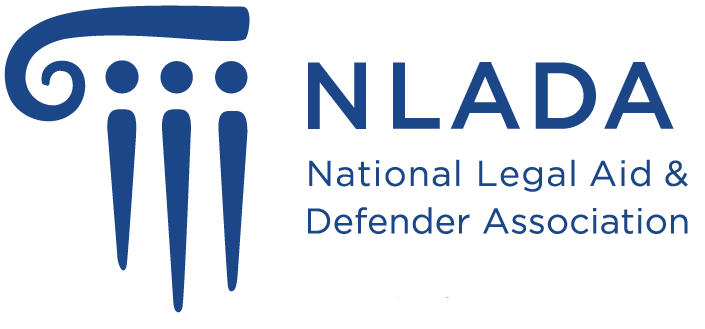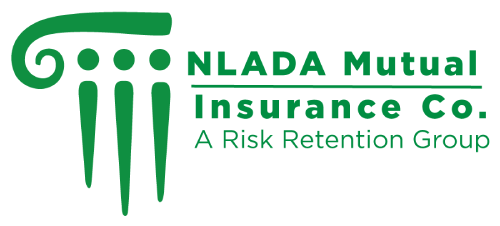2020 Archive Material: Employment
Updates
- The National Health Law Project is tracking state and federal litigation stemming from the COVID-19 response and relating to Medicaid, the Affordable Care Act, and other important health care protections.
- The Health and Economic Recovery Omnibus Emergency Solutions (HEROES) Act was passed by the House of Representatives and is awaiting action in the Senate. If passed, HEROES would expand the paid leave outlined in the FFCRA to workers at companies with 500 or more employees, and would also expand the Emergency Family and Medical Leave Act. The HEROES Act also provides for employers of essential workers to be reimbursed by the federal government for offering hazard pay. In addition, the Act would extend federal unemployment supplemental funding through January 2021, and provide further stimulus payments.
- U.S. Department of Labor issues guidance on administration of Federal Pandemic Unemployment Compensation (FPUC), which extends the length and amount of unemployment benefits a person can receive, and Pandemic Unemployment Assistance (PUA). Many individuals who are not eligible for state unemployment benefits can claim for 13 weeks under PUA. This includes independent contractors/gig workers who have been forced to suspend operations and people who have already exhausted their state benefits.
- The CARES Act extends the length of unemployment insurance benefits to four months, providing an additional $600 per week on top of a person’s regular benefit amount, and expanding eligibility for benefits to individuals who are self-employed and classified as independent contractors.
- The Families First Coronavirus Response Act provides coverage for coronavirus testing under Medicaid and the Children’s Health Insurance Program, and makes federal funds available to cover testing for people without insurance. It also: suspends work requirements for SNAP benefits and provides states flexibility in adjusting benefits application, certification, and reporting requirements, suspends the requirement that claimants of benefits under the Special Supplemental Nutrition Program for Women, Infants, and Children (WIC) program attend eligibility interviews in person and provide medical evidence of nutritional need, and allows for expanded benefit amounts for some families whose children would receive meals at school.
- Occupational Health and Safety Administration (OSHA) issues Emergency Temporary Standards related to working conditions and safety during the coronavirus pandemic. These are guidance, not enforceable standards.
- The Social Security Administration reports it will not start or complete Continuing Disability Reviews. It will also limit processing and collection of overpayments “where possible”.
Resources
Model Material
- Community Legal Services of Philadelphia:
- Philadelphia Legal Assistance:
Partners

